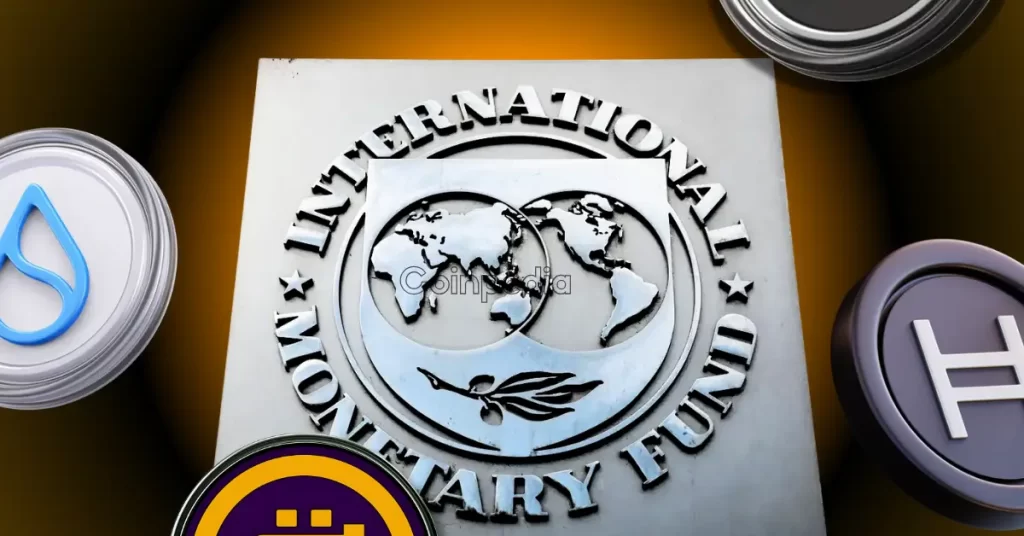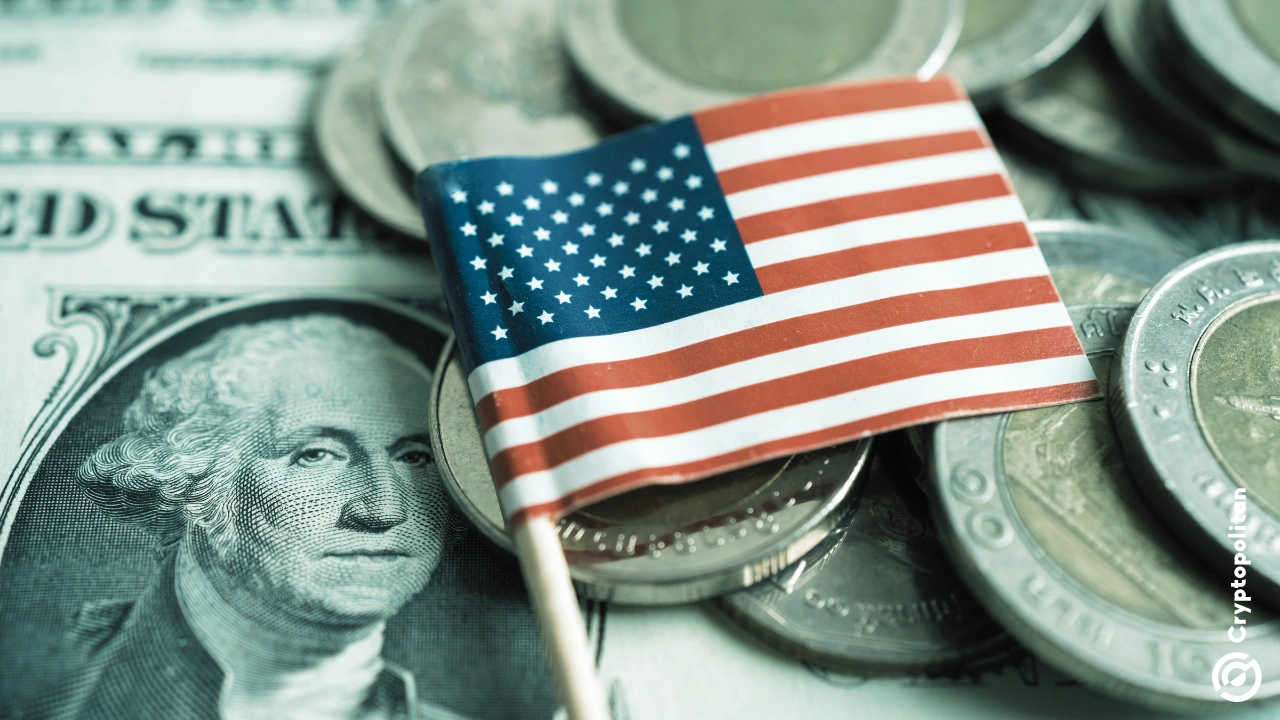The post Dennis Porter Clears Up IMF’s Bitcoin ‘Digital Gold’ Confusion appeared first on Coinpedia Fintech News
Recently, the IMF (International Monetary Fund) has updated its balance of payments standards to account for the increasing importance of digital assets. For the first time, cryptocurrencies like Bitcoin (BTC) are officially recognized in global economic reports.
However, this sparked a wave of discussion in the crypto community where many claimed that the IMF had referred to Bitcoin as “digital gold.” This quickly caught the attention of many fueling debates and speculation across social media. However, Dennis Porter, a well-known voice in the space, quickly questioned this interpretation, asking, “Can anyone point to exactly where the IMF says Bitcoin is ‘digital gold’?”
Dennis Clarifies The Confusion
After diving into the IMF’s statement, Dennis clarified the source of the confusion. The IMF actually referred to Bitcoin as a “new digital asset designed to be used as a means of payment or act as a store of value.” He notes that it is a massive stretch to say the IMF called it “digital gold.”
He remarked that the phrase “designed to be” is crucial here and it doesn’t necessarily mean that the IMF is officially endorsing Bitcoin as “digital gold” or guaranteeing its stability or value like gold. It’s more about recognizing Bitcoin’s potential, not confirming it as a proven asset. The “store of value” idea for Bitcoin is debated due to its volatility. Unlike gold, which has a long history of stability, Bitcoin’s price can fluctuate significantly.
IMF Provides Guidelines on Tracking Digital Assets
The IMF’s latest update to the Balance of Payments Manual (BPM7) now includes cryptocurrencies like Bitcoin (BTC) in its global economic framework. This is the first time the IMF has provided clear guidelines on how digital assets should be tracked in global financial stats, marking a big step for crypto in the financial world.
Cryptos like Bitcoin are classified as non-productive capital assets, while stablecoins are treated as financial instruments. The update also changes how cross-border crypto transactions, staking, and mining are tracked, with mining and staking now recorded as services in a country’s computer services exports/imports.
Trump’s Digital Assets Director Calls Bitcoin “Digital Gold”
Recently, President Trump’s Executive Director of Digital Assets has called Bitcoin “digital gold,” highlighting its role as a hedge against inflation and a store of value. As institutional interest grows, Bitcoin is becoming a key asset in the global financial system, which could influence future regulations.
The Trump administration is looking to grow the U.S. Bitcoin Reserve without adding to the federal deficit. One idea is to use gold certificates to fund Bitcoin purchases, as outlined in the BITCOIN Act of 2025. Bo Hines, a crypto advisor to the administration, supports the concept of a gold-to-Bitcoin reserve swap, ensuring no financial burden on taxpayers while boosting the nation’s digital asset holdings.
The post Dennis Porter Clears Up IMF’s Bitcoin ‘Digital Gold’ Confusion appeared first on Coinpedia.org.











